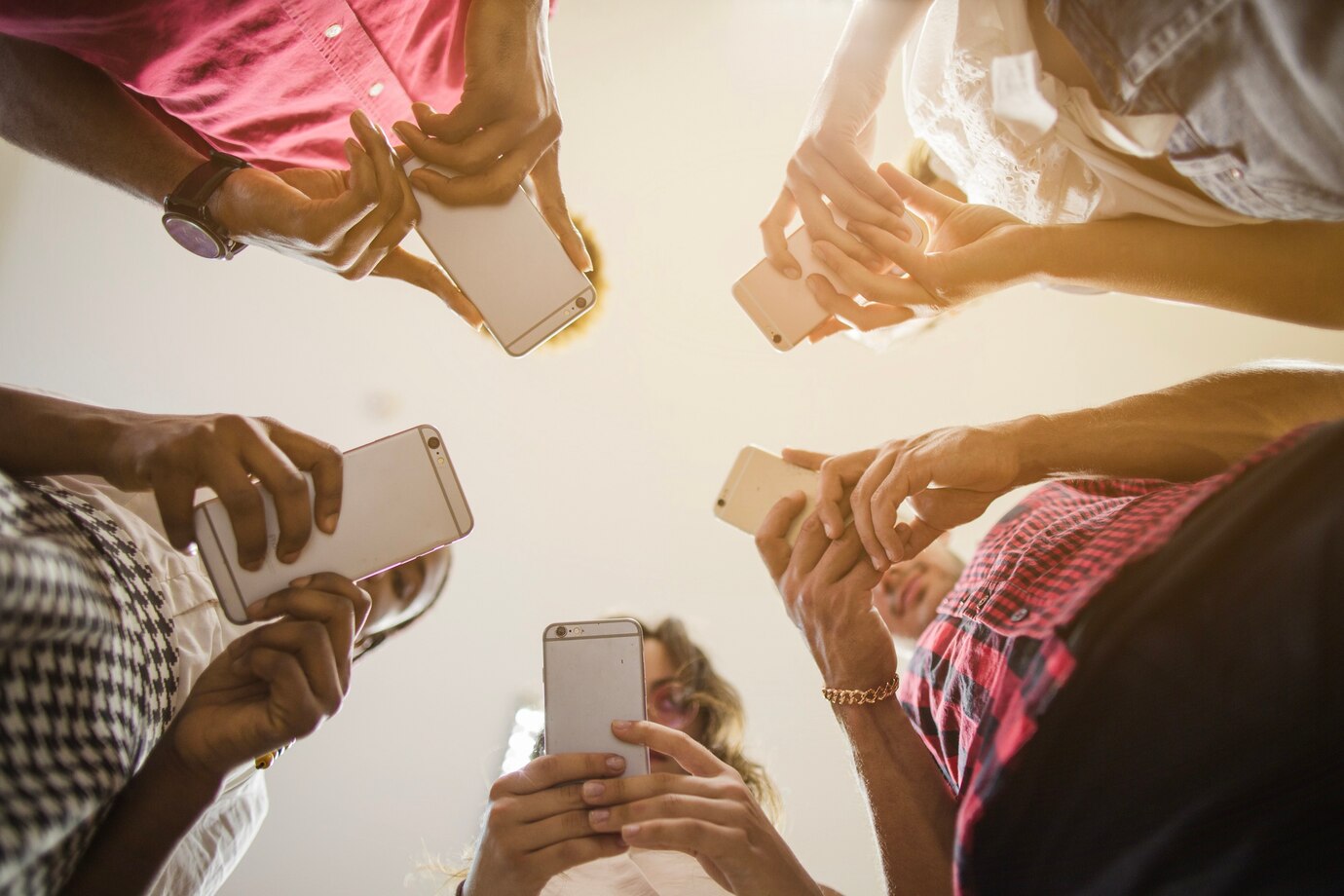In an era marked by the ubiquity of social media, the impact of these digital platforms on cultural identity is undeniable, reshaping the way individuals perceive, express, and engage with their cultural heritage. From the proliferation of viral trends to the amplification of diverse voices and narratives, social media platforms have become powerful agents of cultural influence, driving both innovation and controversy in the digital age.
One of the most notable trends in recent years has been the democratization of cultural expression facilitated by social media. Platforms such as Instagram, TikTok, and YouTube have provided individuals with unprecedented opportunities to showcase their cultural heritage, share personal stories, and connect with like-minded communities around the world. From traditional dance performances to culinary tutorials and language lessons, social media has become a virtual melting pot of cultural exchange and celebration.
However, alongside the positive aspects of cultural expression on social media, there are also challenges and controversies that warrant attention. One such challenge is the phenomenon of cultural appropriation, where elements of one culture are adopted or exploited by members of another culture without proper acknowledgment or understanding. Social media platforms have been criticized for enabling cultural appropriation through viral trends, memes, and fashion styles that often strip cultural symbols of their original meaning and significance.
Moreover, the homogenizing effect of social media algorithms and echo chambers has raised concerns about the erosion of cultural diversity and the marginalization of minority voices. Filter bubbles and algorithmic bias can reinforce stereotypes, limit exposure to diverse perspectives, and exacerbate social divisions, posing challenges to the preservation and promotion of cultural identity in an increasingly interconnected but polarized digital landscape.
Another challenge is the commodification of culture on social media, where authenticity is often sacrificed for likes, shares, and sponsorship deals. Influencers and brands may appropriate cultural symbols and traditions for commercial gain, leading to the trivialization and commercialization of cultural heritage. The quest for virality and social validation can also pressure individuals to conform to narrow standards of cultural identity, fueling a cycle of performative culture and superficial representation.
In response to these challenges, there is a growing recognition of the need for ethical guidelines and responsible practices in cultural representation on social media. Content creators, platform operators, and users alike are calling for greater awareness, sensitivity, and respect for cultural diversity, including the proper attribution of cultural sources, informed consent, and meaningful engagement with communities.
Looking ahead, the evolving relationship between social media and cultural identity will continue to shape the way we perceive and interact with our cultural heritage in the digital age. By fostering inclusive spaces, promoting authentic representation, and embracing cultural exchange in all its complexity, social media has the potential to enrich our understanding of cultural identity and foster a more inclusive and interconnected global community.

